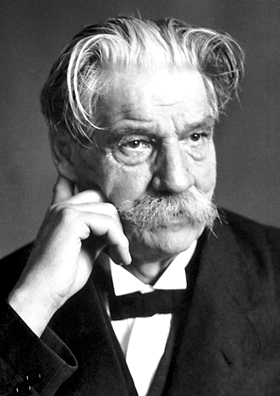

Their first hospital was in a chicken coop. His wife Helene also had medical training. In preparation for this move Schweitzer had gone back to school at age 30 and had become a medical doctor. They were married in 1912 and less than a year later moved to Lambarene in the French Congo (now the country of Gabon) to build a hospital there.


* She would be willing to follow him as he realized his dream of serving others. They shared the same ideals and aspirations. They carried on a secret correspondence for ten years. * It was during this time he met Helene, the woman who would become his wife. This distressed him greatly, and he determined he would do something to make a difference in the lives of those who were less fortunate.ĭuring his 20's he studied and was awarded a degree in philosophy * and also one in theology. He would later write a book about Bach.Īs he became a man, he began to question why he should be so fortunate to enjoy the life he did when so many other people lived in poverty. When he was eighteen, he studied with a famous organist named Widor and became an accomplished musician. He started playing the organ as soon as his legs were long enough to reach the pedals, and his family had him studying with a noted organist when he was only five years old. He decided he would become a minister and follow in the footsteps of his father and grandfather. From that point on, he had an insatiable * appetite to learn. It was there he met a dedicated teacher who inspired him to start studying. When he was ten years old his parents sent him to Mulhouse to live with his aunt and uncle to attend a preparatory school. His family was well educated and to their dismay young Albert did not particularly care for school. As a result of wars it would later become a part of France. Albert Schweitzer was born in a village in the country of Alsace, which at that time was a part of Germany.


 0 kommentar(er)
0 kommentar(er)
